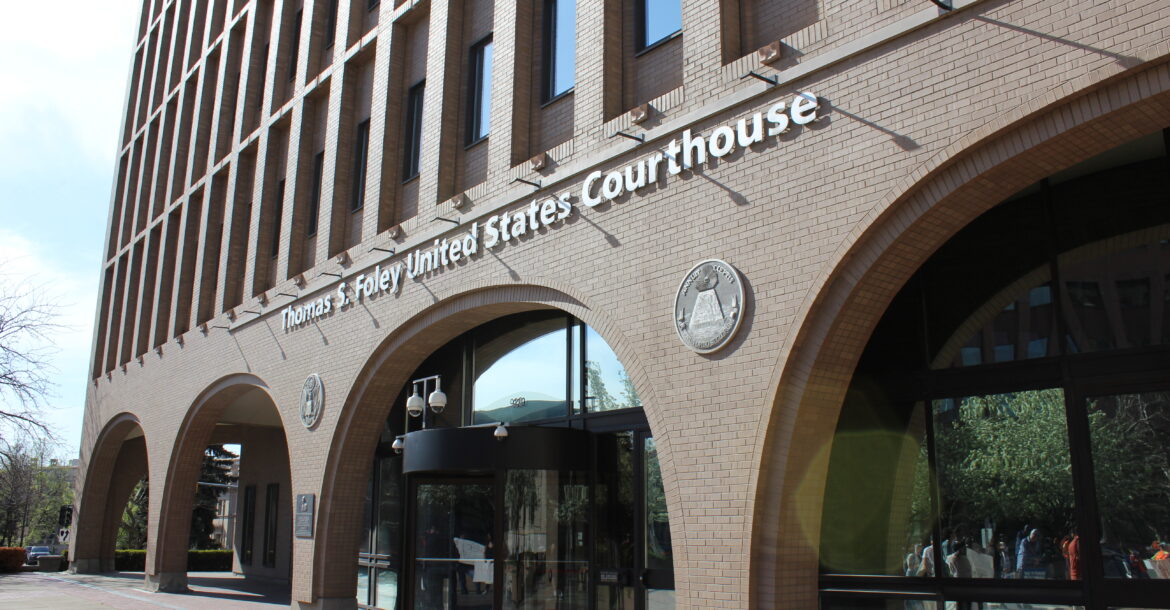Sunday, April 23, marked the last day the Washington State Legislature could conduct business, bringing the legislative session to a close.
Over the next couple months, elected state representatives will be making their way back to their districts to reconnect with their constituents, return to their second jobs, fundraise, and live.
This was a very mixed session for issues dear to the PJALS community. In some areas – such as reproductive rights – we made great strides and passed legislation we can be proud of. In other areas – such as police accountability – we are still playing defense and/or fighting against an incremental loss of progress.
This last session, the PJALS legislative agenda focused on police accountability, housing justice, and reproductive rights. You can check out the recording of our final Legislative Action Hour to learning more about how our priority bills faired.
Watch the PJALS Legislative Action Hour March 28, 2023
This video is set to start at 0:20:40 to discuss PJALS legislative priorities. Watch from the beginning for Session 101, covering bill process, session calendar, versions, and interim.
There’s work left to be done.
The wins and losses of session aren’t contained within the 60 days (even-year short session) or 105 days (odd-year long session) our representatives are in Olympia. Much of the work takes place in-between sessions, during the period referred to as “Interim.”
Like community organizing, successful Legislative organizing takes place year-round. While the legislative session can often feel like an inaccessible sprint, with bill drafts flying and votes being taken left and right, the interim between sessions is when a lot of critical member education takes place.
During the interim, the members of the State House and Senate return to the districts that elected them. They are often more accessible to voters, and an be reached at their district offices (as opposed to the offices they maintain in Olympia during the legislative session).
This a key moment for community members to make their voices heard.
Without the pressure of a vote schedule or the demands of committees, representatives and constituents can have in-depth discussions about issues they are likely to face next session. This is often when legislators receive a deeper education on the landscape surrounding key issues, before they are distilled into urgent and highly contested legislation.
What’s Next?
As session comes to a close, it’s important to consider the ways we, as community members, want to engage our legislators around the issues we care about year-round. Here are some suggestions for next steps:
Call or email your representative – You don’t have to wait until it’s up for a vote to let your representative know what you value. Send an email thanking your representatives for continuing to protect reproductive justice. Ask them how they plan to increase police accountability. Leave a message on their phone about ending predatory rent hikes. They need to hear from you.
Lobby your city about … their lobbyist – Did you know that cities have lobbyists? Every session they join the swarms of community members, issue advocates, and industries asking lawmakers to pass or reject bills coming up for a vote. It’s important to note that city lobbyists represent the city government, not the people who live in the city.
This means that while they are likely to lobby for legislation that helps guide state resources to a city, or promotes a regional industry, they also often oppose legislation with the potential to increase city government liability, such as accountability bills that can cost cities money when public servants break the law.
This year, many city governments lobbied against police accountability legislation, sometimes directly contradicting officials elected by the city they work for, because holding police accountable for breaking the law has the potential to cost city governments money.
This interim you can help fight for police accountability by pushing your elected officials to disclose what they instruct the city lobbyist to do. You can also learn more about your city’s agenda if they are a member of the Association of Washington Cities (you can check here).
You can also continue to engage with our legislative agenda and the partners whose policies we supported this session:
- Washington Coalition for Police Accountability
- Washington Low Income Housing Alliance
- Tenants Union of Washington
- Free to Walk Coalition
- ACLU of Washington
The work of these organizations continues after session is over. Like our legislators, it’s important to take a break when needed, and then continue to work on building a better community.
Thank you all for your continued engagement in making our community, and state, a better place.

